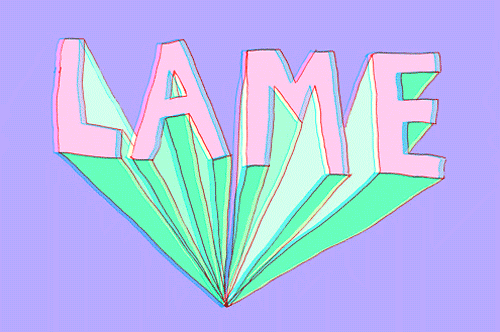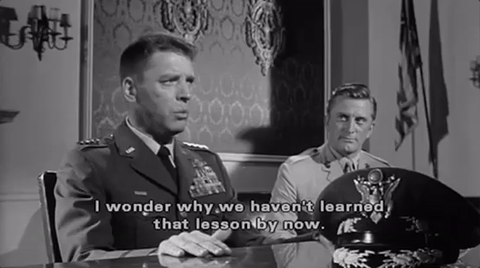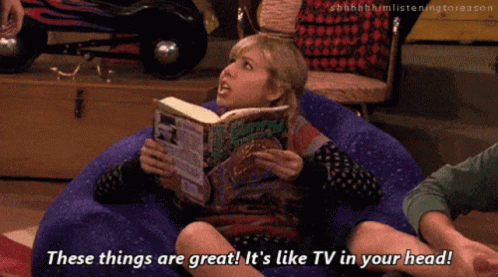What do you think?
Rate this book


578 pages, Mass Market Paperback
First published June 5, 1992
“Life expectancy in 1300 was thirty-eight years,” he had told her when she first said she wanted to go to the Middle Ages, “and you only lived that long if you survived cholera and smallpox and blood poisoning, and if you didn’t eat rotten meat or drink polluted water or get trampled by a horse. Or get burned at the stake for witchcraft.”And yet, despite the filth, the ignorance, the ever-present dangers, the rats and the Plague - the dreaded Black Death that wiped out a third to a half of Europe - a young Oxford history student Kivrin Engle gets her way: to be sent to the Middle Ages for a few weeks of full-immersion research armed with nothing else but a voice recorder to create her own version of the Domesday Book, an account of what it was to live in those times.
“She’s seven hundred years from home, Dunworthy thought, in a century that didn’t value women enough to even list their names when they died.”Nothing could go wrong on this carefully planned time travel, of course - well, except for nothing going as expected: the sudden severe illness, the incomprehensible language that apparently was very different from what we thought Middle English was supposed to be like, the inability to find the place from which she is supposed to be transported back into the present. Oh, and a slight mistake that happened during her time travel - the mistake Kivrin is unaware of, the one that resulted in her arriving not in the relatively boring 1320, but in a slightly more eventful 1348, the year the Black Death made in appearance in England. “People who have the plague don’t wonder if they have it. They’re too busy dying.”

“Nothing, she thought. There’s nothing you can do. It swept through village after village, killing whole families, whole towns. One third to one half of Europe.”----------

“They’ve all died, she thought, and couldn’t make herself believe it. They’ve all been dead over seven hundred years.”And that's how Doomsday Book packs such a powerful emotional punch with the sci-fi time travel story turned historical observation turned historical tragedy. Because Connie Willis makes you, the reader, slowly inhabit the world she imagines and come to care about the people she creates. To me, the bunch of characters in the story of the Middle Ages slowly became people, with realistic flaws and strengths, with motivations and desires that are colored by the gap of seven hundred years and yet so relatable in their humanity, and with lives unfolding along their own trajectories until an unstoppable force of nature rolls over them, leading to a tragedy grief-stricken Kivrin can best compare to "The slaughter of the innocents.”
Through the strength of Willis' writing, they come to life, reflecting history the way it unfolds - through the stories of people who live that history, strands blending together to create a broad tapestry.
“Kneeling on St. Mary’s stone floor she had envisioned the candles and the cold, but not Lady Imeyne, waiting for Roche to make a mistake in the mass, not Eliwys or Gawyn or Rosemund. Not Father Roche, with his cutthroat’s face and worn-out hose.The trivial concerns, the petty squabbles, the bloated righteous selfishness - all of this disappears once the horror strikes, and it's the last third of the book that becomes so powerful as we through the eyes of Kivrin see the tragedy that cannot be stopped, see the people who rise above the everyday pettiness and become heroes when necessity calls.
She could never in a hundred years, in seven hundred and thirty-four years, have imagined Agnes, with her puppy and her naughty tantrums, and her infected knee.
I’m glad I came, she thought. In spite of everything.”
“I wanted to come, and if I hadn’t, they would have been all alone, and nobody would have ever known how frightened and brave and irreplaceable they were.”

This bell, as we all know, "tolls for you" - tolls for all of us.
“Most of it was terrible,” she said softly, “but there were some wonderful things.”But all this - at least for me - is so easily overshadowed by the magic the Middle Ages sections hold. And all this, as I discovered, is so easy to just flip through and ignore while searching for the next Kivrin section. And so to me the flaws are there, but not quite there, and I choose to skim them without hesitation.
“I got it all on the corder,” she said. “Everything that happened.”
Like John Clyn, he thought, looking at her ragged hair, her dirty face. A true historian, writing in the empty church, surrounded by graves. I, seeing so many evils, have put into writing all the things that I have witnessed. Lest things which should be remembered perish with time.
Kivrin turned her palms up and looked at her wrists in the twilight. “Father Roche and Agnes and Rosemund and all of them,” she said. “I got it all down.”











